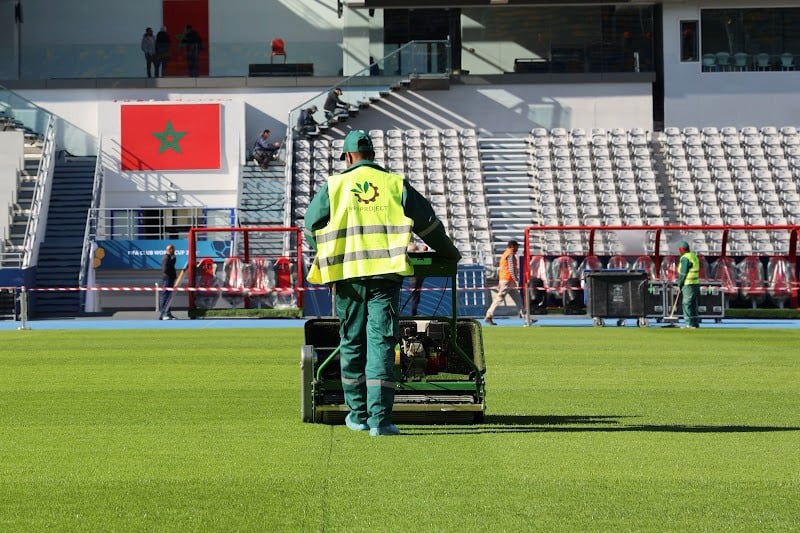A newly released research paper from the “Omega Center for Economic and Geopolitical Research” emphasizes the necessity of addressing a range of shortcomings in the national sports sector, particularly in football, where the governance and management of sports clubs pose significant challenges.
Titled “A Coming Football Revolution from Hobby to Industry,” the research paper asserts the urgency of ending the era of individual management of clubs, characterized by personalization.
It suggests the implementation of a profile notebook for club presidents containing management assurances for success rather than merely focusing on results.
This approach aims to distance certain models from arbitrary management practices, with the ultimate goal of establishing well-structured frameworks for club presidencies capable of keeping pace with the evolution of football in the kingdom.
The document also advocates for the enactment of the “Clean Play” law, which sets a ceiling on club expenses based on their revenues to prevent the phenomenon of random signings governed by irresponsible practices.
Such signings, it argues, should be regulated by contracts with specific criteria and disciplinary measures to deter certain agents who undermine the game.
Furthermore, the paper highlights the precarious situation of several clubs, which contributes to dragging them into a state of amateurism rather than elevating them to professionalism.
Regarding state support for sports clubs akin to national journalism, the paper anticipates that this support will provide an opportunity for clubs to start the next season with a clean slate, albeit under stringent governance conditions.
The research underscores the urgent need to open up to Moroccan and foreign investors through investment funds and capital employment companies.
This is aimed at fully implementing Law No. 09.30, which governs the management of premier league clubs and associations managing lower-tier teams, ultimately freeing clubs from certain unprofessional engagements.
In conclusion, the paper stresses that these reforms will enable Moroccan clubs to transition from amateurism to genuine professionalism, fostering the development of a football industry based on high-quality training that produces numerous football talents.
It also notes a political desire at the highest level of the country to transition Moroccan football from hobby to professionalism, as evidenced by the issuance of Law No. 09.30 in 2009, which followed the famous royal message of 2008.











